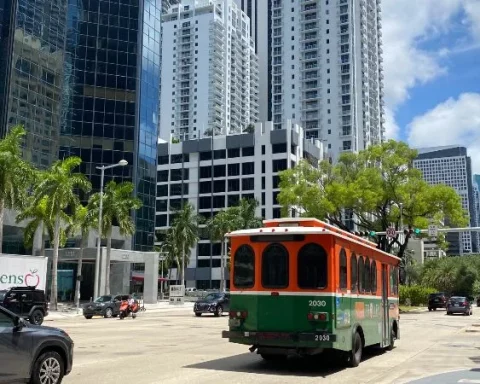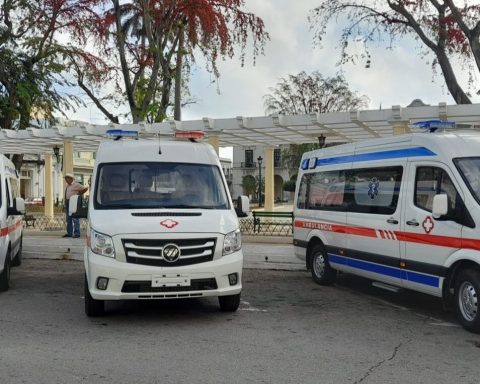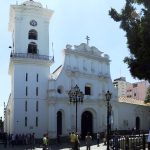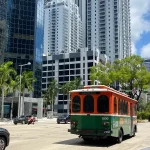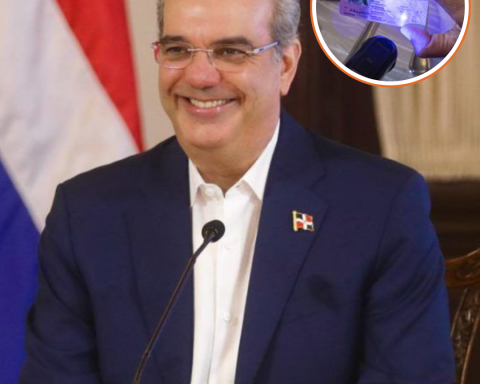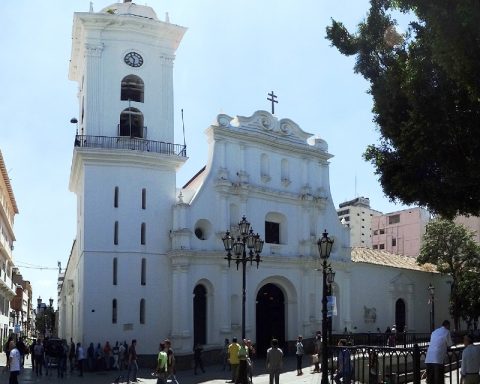Havana Cuba. – One of the “tricks” with fuel to supply the informal market is the following: a state car with a capacity to load 80 liters is assigned these days only half of its tank, that is, 40 liters that must yield for a certain time before refueling -according to current regulations- but the tracker at the pump, on the left, can dispatch 70 liters in exchange for the driver leaving 10 in his favor.
In state-owned companies, managers are aware of the illegal business but have no choice but to accept it if they wish to continue moving “freely” as before the crisis. Thus, with knowledge of the fraud, they record that they received the 40 “legal” ones, plus another 40 “illegal” ones that another company car has supposedly consumed, but the latter no longer exists for years, although in official reports it has never caused It drops because it is one of the many “ghost cars” that continue to receive fuel and spare parts from state companies that later largely end up being sold on the informal market.
Because it is illegal and is barely managed by two or three people within a state entity, it is almost impossible to know how many of these “ghost cars” are still active on paper and, therefore, how many are receiving fuel through the “trick”, but being a common practice in the state sector, it is assumed that a few thousand in the country are receiving fuel. This vehicle fleet ―the real one― exists not only to circumvent the limitations, prohibitions and precariousness imposed by central agencies and ministries, but it is (together with inflated payrolls and the collection of “per diems” for unjustified trips abroad), a of the main sources of personal profit for corrupt executives, which in the Cuban case could be said, without fear of generalizing, are almost all of those that exist today.
The interesting thing about this “trick” -not so new among us, although now, with the crisis, the most practiced at gas stations-, is that it not only demonstrates once again the vital relationship between the informal market and state companies, but also In addition, it can offer answers to the questions that some “experts” constantly ask themselves about the raison d’être of the “socialist state enterprise” and about the regime’s stubbornness in continuing to “bet” on them when they are the biggest black hole of the economy.
Consequently, if in the first days of this fuel crisis the majority on the street wondered what would happen to merchandise that is almost essential to purchase at CIMEX-CUPET points of sale, that is, it implies too much risk to store and market it for intermediaries in the informal market as happens with chicken and oil, for example, now almost everyone is convinced that, in matters of smuggling (and in a matter of hours) the Cuban irregular market always finds a way to self-regulate, connecting strategically with the bureaucracy and corruption of the state sector and offer any product at a premium.
Not jokingly, in the streets of the Island, it is commented on how that same speculative market, undoubtedly managed from the state level, is displacing or expanding its domain according to the circumstances.
Thus, the day before yesterday it was (and continues to be) a privilege to be employed in a TRD —currency collector store— or be a customs agent at the airport, later be a bank teller or a CADECA —to take the currency first hand and resell it right there, making the state establishment the first seat in the informal market—, and now to work at a gas station, at the foot of the pump, where a liter of gasoline has been raising its price since the 500-700 pesos (a little more than four dollars at the official exchange rate) to the 1,000-1,200 paid by the desperate to the drivers of the state companies that sell the “surplus”.
Once again, the crisis that mortally affects private companies ―those who persist in “prospering” from the pure illusion of “entrepreneurship”, especially taxi drivers and businesses that depend on transportation for their vital activities― is only for the benefit of some companies that, at this point in the game, everyone already knows that production and services are not their raison d’être ―as long as they do not produce anything, and low wages and poor working conditions are maintained― but to be the true nucleus rector of an informal market, of an economy corrupted to the bone.
It could even be said, far from joking, that the Cuban economy, more than an “economy in crisis”, “affected” or “hit” by these, is actually an “economy in crisis”, that is, a system that consciously produces them because in the end it not only profits from crises, shortages, “blockades” but also takes political advantage internally, as the “loyalty” of a good part of the so-called “management cadres”. ” corrupt, who dominate the bureaucratic structures and the system of state companies ―constantly moving between the ministries and the entities that are subordinate to them― is based on the immunity they receive from the regime. They are tolerated to be corrupt as long as they are faithful, and that is how “Cuban-style socialism” has worked for decades.
This is even why many of the “enterprises” that today, for example, prosper between Miami and Havana, between Europe and Cuba, are prosperous: precisely because there is an endemic crisis, so that their income increases in the same proportion to the depth of that crisis.
If not, let’s ask ourselves what would happen to all those shipping companies, online food markets and other resale businesses if tomorrow the Cuban economy declared the crisis resolved and began to function as a normal economy? Undoubtedly, for a few, both “outside” and “inside”, this possibility makes them very nervous, precisely because their commitment to “entrepreneurship” or “profit” is not for an “economy in crisis” but for a twisted system. that stands on them.
Therefore, this new “crisis” – that of fuel – will possibly continue until some up there (and down here) find another with which to fill their wallets more quickly. And just as, given the scarcity of food and medicines, arose MSMEs and virtual markets that sell the “disappeared” products of the state trade network at crazy prices, possibly very soon some “new economic actor” will appear out there legally offering fuel at equally “snatched” prices. And long live the crisis!
OPINION ARTICLE
The opinions expressed in this article are the sole responsibility of the person who issues them and do not necessarily represent the opinion of CubaNet.
